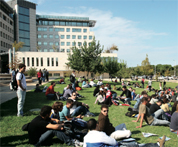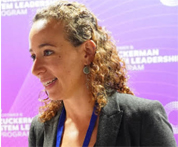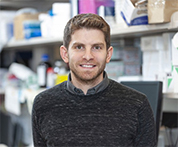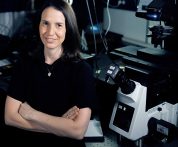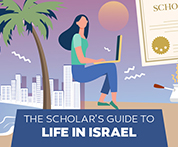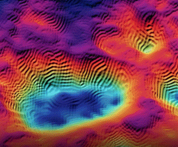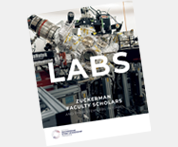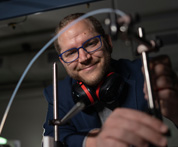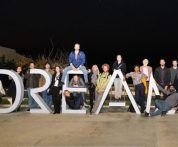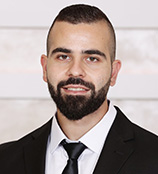Faris Horani’s doctoral research in the Technion’s Chemistry Department focused on nanomaterials and nanotechnology, specifically, chemical synthesis and optical characterization of cadmium- and indium-based semiconductor nanocrystals: quantum-dots, quantum-wells, and branched structures. These nanomaterials are scientifically and technologically interesting due to their tunable electronic properties with varying size, shape, and composition, leading to unique physical properties, un-parallel to the analogous bulk materials. The Indium-based materials were known to exist in bulk form only at extremely elevated temperatures, but Dr. Horani discovered that their nano-scaled form is stable at room temperature. They are potentially useful in optoelectronic devices (e.g., solar cells) due to their low toxicity and semiconducting properties, as well as the ease with which their conductivity can be modified.
His postdoctoral research in the Department of Chemistry at the University of Washington focuses on developing a new generation of two-dimensional atomically thin materials. In the decades since graphene with a thickness of a single atom was first produced, these anatomically thin materials have been found to possess remarkable abilities non-existent in their 3D counterparts, such as super- and semi-conductivity, indirect-to-direct transitions, and diverse magnetic properties. Yet, creating these materials has been labor-intensive and time-consuming. Dr. Horani works on developing a simple, fast, reproducible, and effective method of colloidal chemistry to obtain stable layers with control over material sizes and thicknesses and then study their optical and magnetic properties. His inventions have potential use in areas as diverse as photodetectors, solar cells, supercapacitors, or faster computers, taking advantage of the natural magnetism of electrons instead of their charge.
Dr. Horani feels responsible for Israeli academic research, specifically for research originating from his Arab community. He participated in projects that encouraged Arab students to pursue higher education leading to academic careers in STEM, and introduced chemistry to teenagers.
 ISRAELI COUNCIL FOR HIGHER EDUCATION
ISRAELI COUNCIL FOR HIGHER EDUCATION MIT-Israel Zuckerman STEM Fund for Faculty Collaboration
MIT-Israel Zuckerman STEM Fund for Faculty Collaboration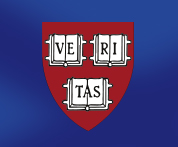 The Zuckerman Travel and Research STEM Fund at Harvard
The Zuckerman Travel and Research STEM Fund at Harvard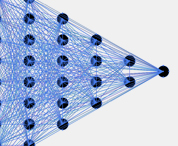 Zuckerman AI Fund at Technion
Zuckerman AI Fund at Technion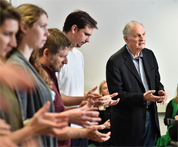 Alan Alda Communicating Science
Alan Alda Communicating Science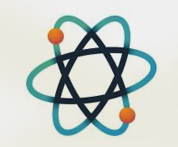 Zuckerman Institute – ScienceAbroad
Zuckerman Institute – ScienceAbroad Zuckerman Institute – America-Israel Friendship League partnership
Zuckerman Institute – America-Israel Friendship League partnership



